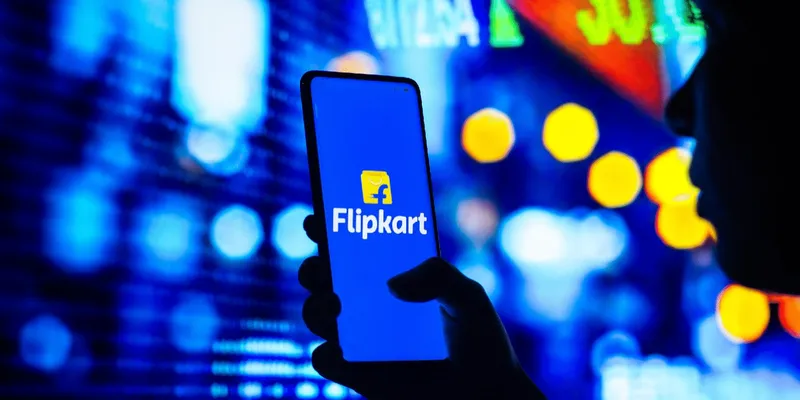Online retail in India achieves $60B GMV in FY23; Flipkart Group retains market share: Redseer
Fashion was the largest online category contributing 27% to ecommerce's overall GMV. Ads monetisation contributed $1.2 billion in revenue for Indian e-tailers in FY23, according to Redseer's new report
Ecommerce in India hit a gross merchandise value (GMV) of $60 billion in FY23 despite year-on-year growth slowing as compared to the pandemic years.
Online retail in the country grew 22% year-on-year last fiscal, while the sector grew 36% in FY22 compared to the year-ago period. However, online retail is 2.5X over pre-COVID-19 levels and is performing much better than overall retail consumption, according to a report by Redseer Strategy Consultants.
The Indian user base matured over the year with 31% of annual shoppers converting into monthly shoppers, up from 23% in FY21. These mature shoppers in select urban, Tier II and III markets have helped ecommerce grow, the report said.
The e-tailing market is much deeper than before in terms of categories purchased, which has led to 1.2X better take rates as compared to FY19. It has also helped with "robust revenue monetisation", Redseer noted.
Moreover, monetisation through advertisements has played a key role in driving revenue for ecommerce sellers in FY23, helping them capture eyeballs, target customers better, and generate high conversion rates. With 210 million annual shoppers in FY23, ads monetisation contributed $1.2 billion in revenue for Indian e-tailers in FY23 and is growing 37% year-on-year, according to Redseer's estimates.
However, global platforms like Walmart and Alibaba.com—which have 3% of their GMV coming from ad businesses—indicate that India has the potential to grow much more, Redseer added.

Flipkart Group, which includes , , and , retained its market share in the ecommerce industry of 48%. The company has grown 1.6X faster than the industry in the first three months of 2023, despite growing competition, the report noted.
Online retail has benefited highly from D2C brand growth which has spurred traditional players to take the digital route offering a competitive shopping experience and encouraging consumers to shop online. Over the last three years, new users who are willing to try ecommerce in the country have increased and non-metro users account for a large share of the total user base in FY23.
Fashion was the largest segment in the ecommerce space in FY23 with a 27% market share, led by an increasing share of women shoppers. Beauty and personal care (BPC), grocery, and home were the fastest-growing categories.
Moreover, several online retailers entered into strategic partnerships and collaborations with global and Indian fashion brands has helped them gain recognition and widen their products.
"E-tailing, which experienced a steep growth during the COVID-19 times, has slowly been losing momentum post-pandemic. However, the growth rate continues to remain healthy, and the industry is very well placed when taking into account a host of other important metrics," Redseer said.
Edited by Saheli Sen Gupta








